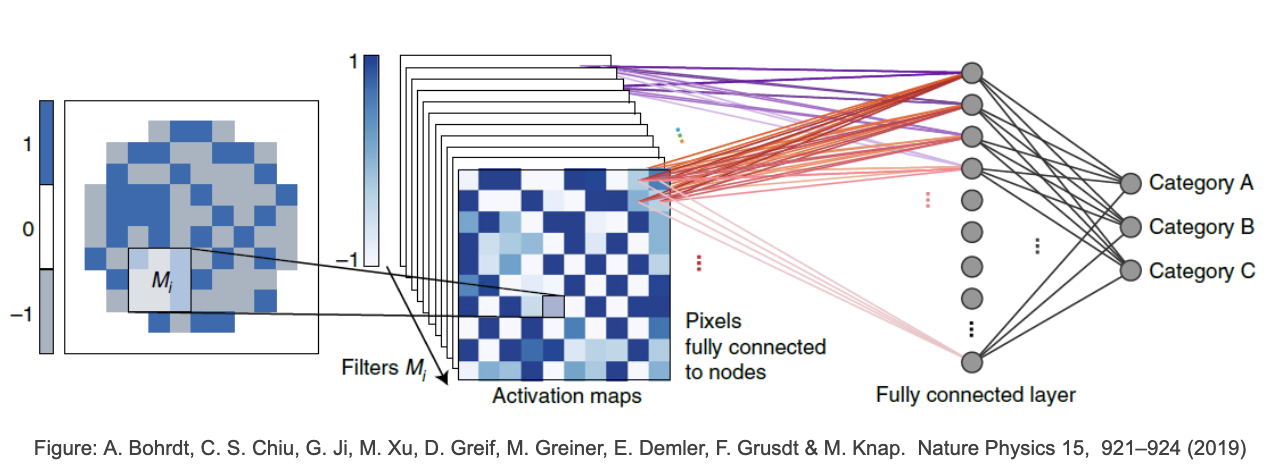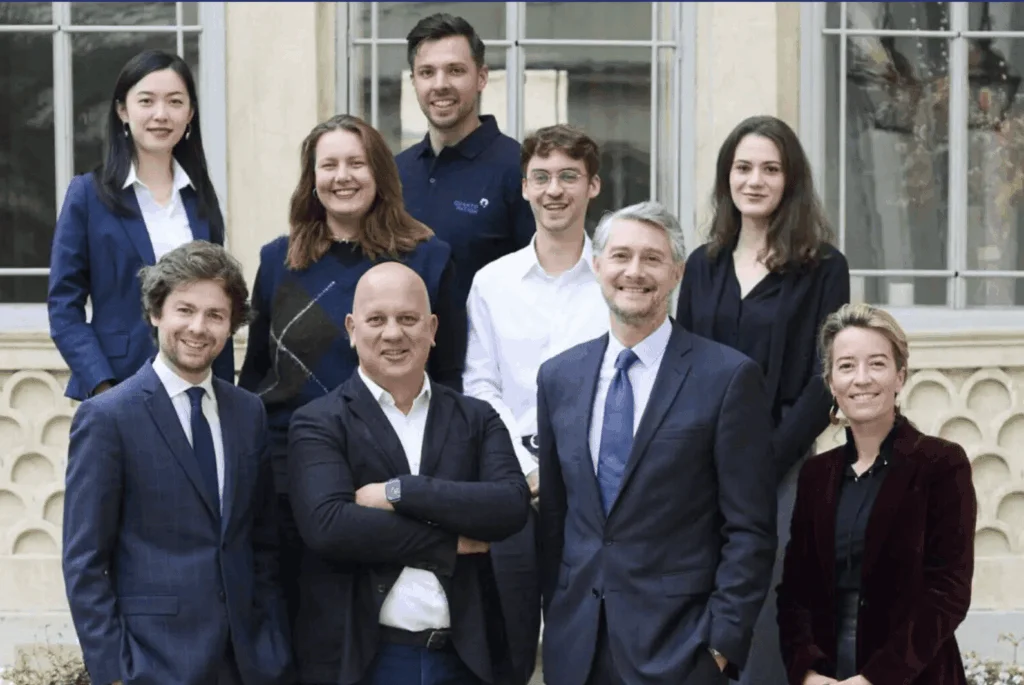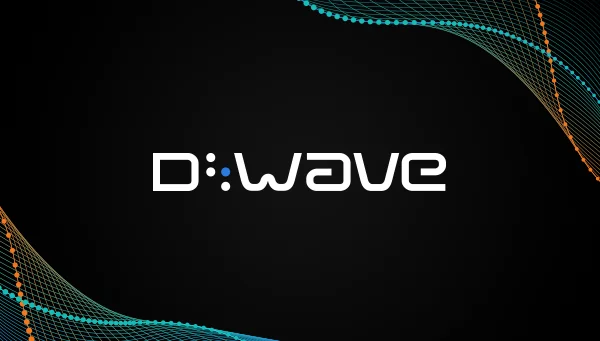Insider Brief
- European scientists and quantum supporters have launched a petition calling for increased funding for research at the interface of machine learning and quantum science.
- Machine learning is expected to play a crucial role in improving quantum computing hardware and software, facilitating the discovery of new molecules and materials, and automating complex quantum experiments.
- Supporters suggest there is a need for substantial investment to unlock the combined power of the fields to drive significant scientific and practical advances.
A group of leading European researchers has launched a petition calling for increased funding at the interface of machine learning and quantum science, aiming to position Europe as a leader in next-generation quantum technologies. The petition highlights the transformative potential of integrating machine learning with quantum science, emphasizing the need for substantial investment to unlock synergies that could drive significant advances in both fields.
The Potential of Machine Learning in Quantum Science
The petition outlines the considerable promise that machine learning holds for quantum science, primarily due to the data-intensive nature of quantum research and the advanced computational capabilities of modern machine learning tools. By combining these disciplines, researchers aim to enhance the efficiency and effectiveness of quantum experiments, potentially leading to breakthroughs in quantum technologies and fundamental physics.
According to the petition, machine learning is expected to play a crucial role in improving quantum computing hardware and software, facilitating the discovery of new molecules and materials, and automating complex quantum experiments. Additionally, machine learning algorithms can optimize quantum systems, develop new quantum algorithms and enable precise manipulation of quantum devices, paving the way for energy-efficient control protocols and other practical benefits.

Expected Advances
The integration of machine learning in quantum science is anticipated to bring about numerous advances across various domains. Researchers highlight several key areas where significant progress is expected:
- Quantum Computing Enhancements: Machine learning can improve both hardware and software components of quantum computing, making these systems more efficient and accessible.
- Molecular and Material Discoveries: The combination of machine learning algorithms with quantum simulations could accelerate the discovery of novel molecules and materials with unique properties.
- Optimized Quantum Experiments: Automation and optimization of quantum experiments through machine learning techniques could lead to faster and more accurate results.
- New Quantum Algorithms: Developing innovative quantum algorithms with machine learning could solve complex problems currently beyond the reach of classical computing.
- Energy-Efficient Control Protocols: Machine learning can help design energy-efficient protocols for controlling quantum systems, enhancing their practicality and scalability.
Call for Investment and Collaboration
To realize these advances, the petition emphasizes the necessity of significant investment in both fundamental and applied research. It calls for fostering interdisciplinary collaboration among quantum physicists, machine learning engineers, computer scientists, and industry stakeholders. The researchers argue that establishing a robust ecosystem with open-source software, standardized datasets, and community-driven projects will facilitate progress and innovation.
The petition also underscores the importance of training the next generation of researchers through specialized programs and enhancing public engagement through effective science communication. By building a strong foundation for interdisciplinary research and development, Europe can maintain its competitive edge and lead in the rapidly evolving field of quantum technologies.
For more information and to view the full manifesto, visit the official petition site. The petition, itself, is available on the Open Petition site here.













